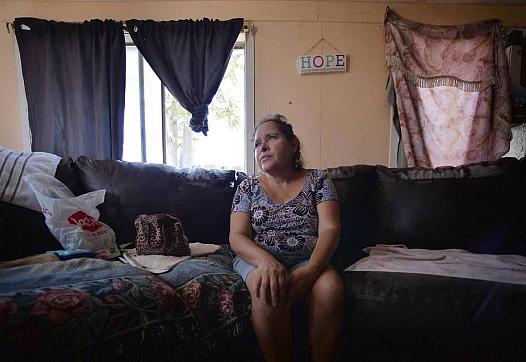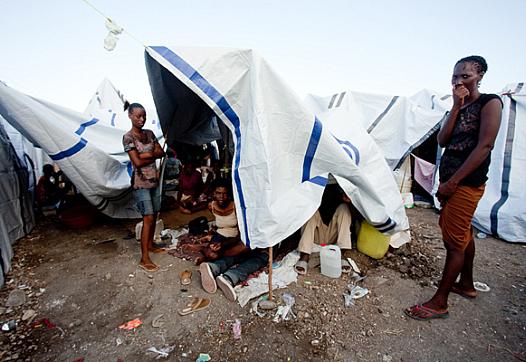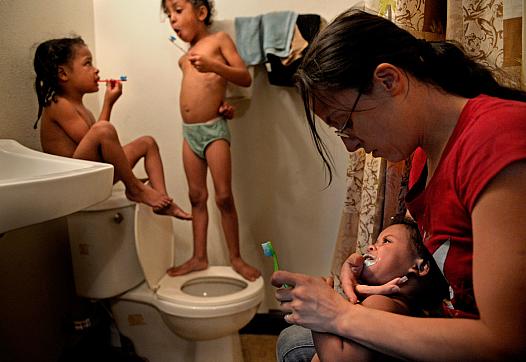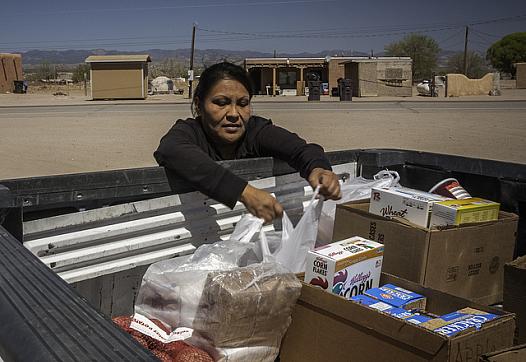
When LA Times reporter Soumya Karlamangla started looking into health care policies affecting immigrants, she had no idea how fast the California policy landscape was about to change. Reflecting on her reporting journey over the past year, Karlamangla offers key tips for staying ahead of the story.



![The Rev. Thomas Walker sings during a service at Ebenezer Missionary Baptist Church in Rocky Mount. He was diagnosed with an aggressive form of prostate cancer at age 47 and has become a prostate cancer activist. [Photo credit: Ethan Hyman/NewsObserver.com]](jpg/ebenezer02-042615-edh-1200_0de80.jpg?itok=_bzQ2bp_)




